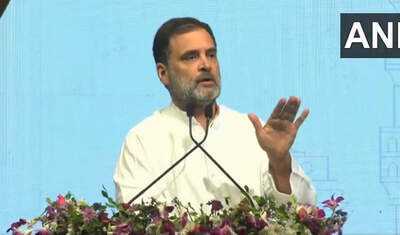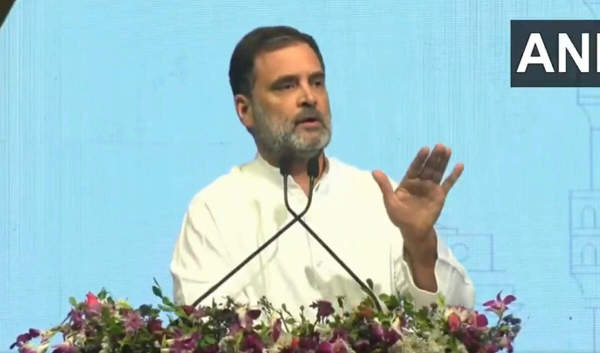
 Celebrating GST Day in India
Celebrating GST Day in India
Every year on July 1, India observes GST Day, marking the eighth anniversary of the Goods and Services Tax (GST) implementation. As one of the most significant tax reforms in the country, GST has played a crucial role in streamlining India's indirect tax system into a more organized structure. This day is utilized to enhance awareness and compliance regarding the GST framework.
Despite its benefits, the Congress party has consistently opposed GST. Recently, Congress leader Rahul Gandhi criticized the government, stating that after eight years, the Modi administration's GST is not a tax reform but rather a tool for economic injustice and corporate favoritism. He argued that it was designed to penalize the poor, crush MSMEs, weaken states, and benefit a few billionaire friends of the Prime Minister.
In his post, Gandhi mentioned that a promise was made for a 'good and simple tax.' Instead, India has been left with a compliance nightmare and a five-slab tax system that has undergone over 900 amendments. Even items like caramel popcorn and cream have fallen victim to this confusion. He further noted that the bureaucratic maze favors large corporations, which can navigate its flaws with an army of accountants, while small shopkeepers, MSMEs, and ordinary traders are mired in red tape. The GST portal has become a source of daily harassment.
Gandhi highlighted that MSMEs, which are the largest job creators in India, have suffered the most. Since the implementation of GST eight years ago, over 1.8 million enterprises have shut down. Citizens now pay GST on everything from tea to health insurance, while corporations enjoy tax exemptions exceeding ₹1 lakh crore annually.